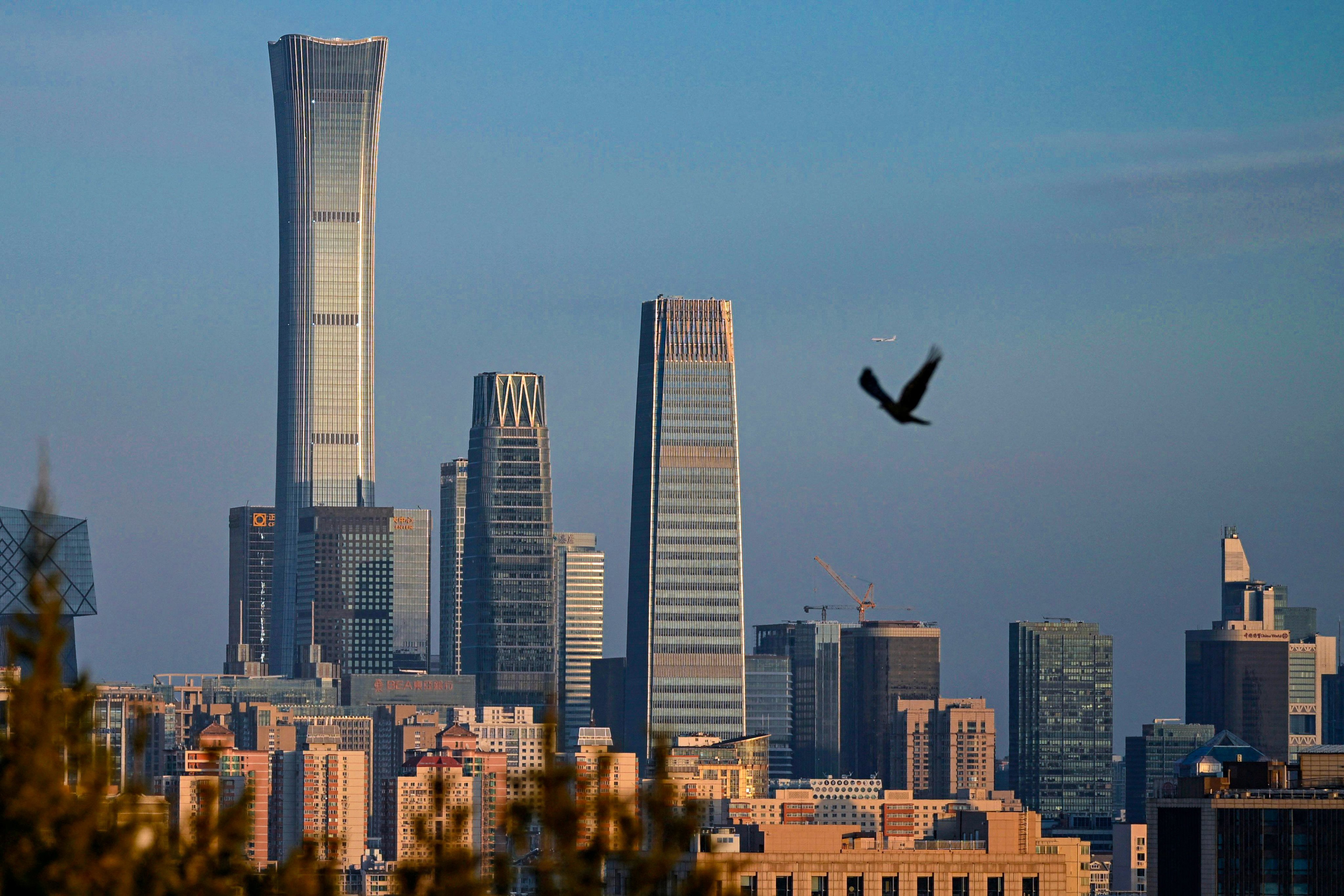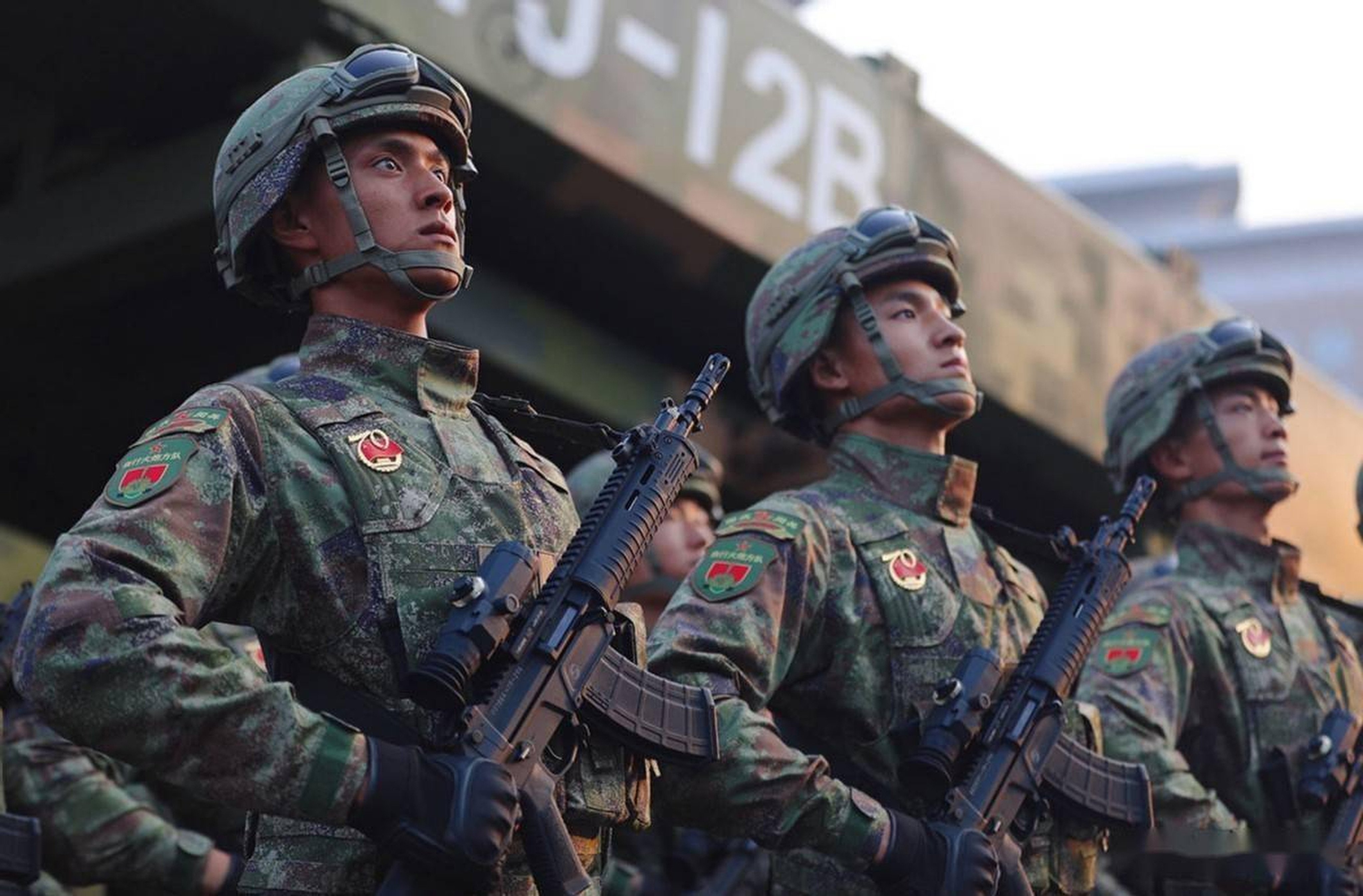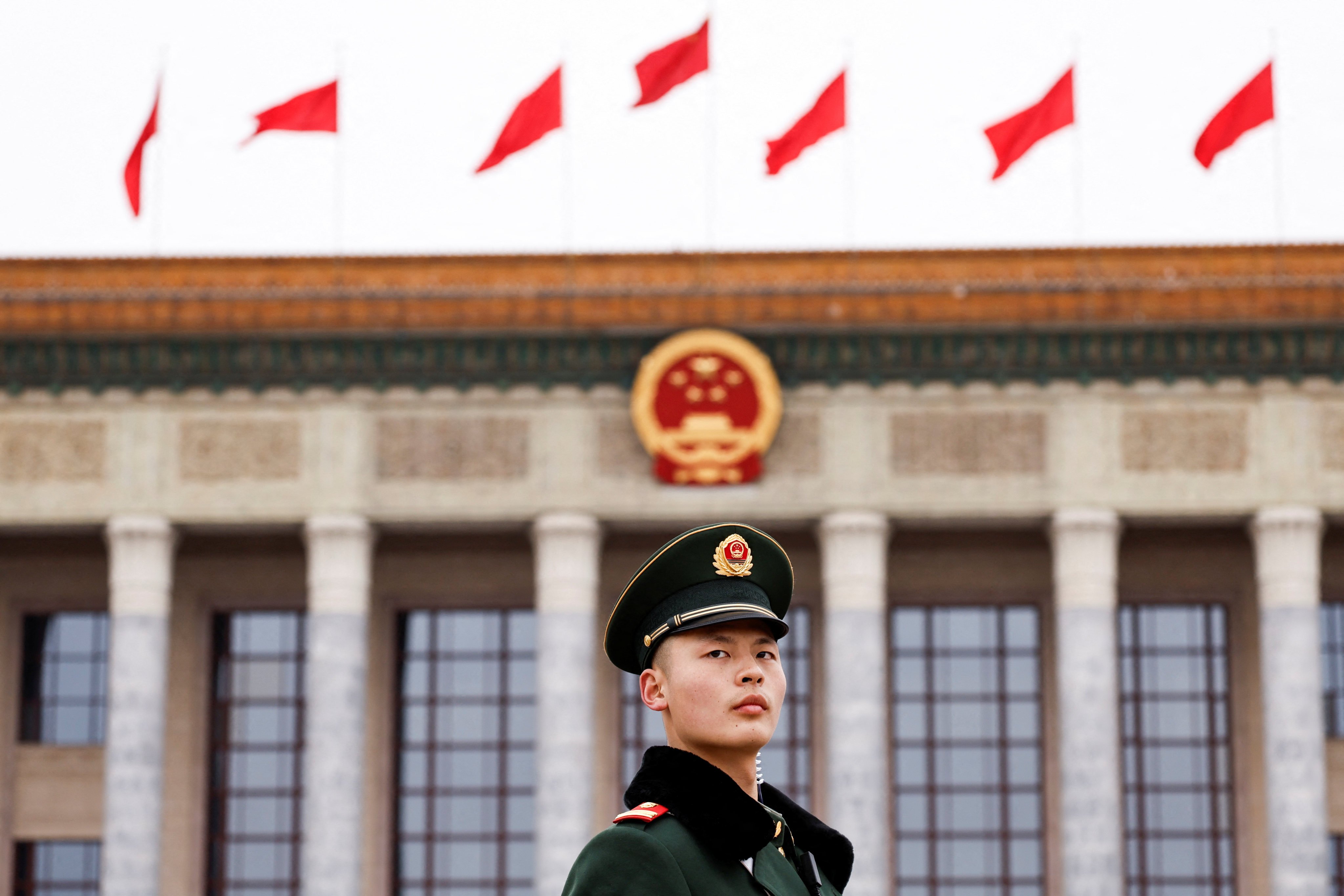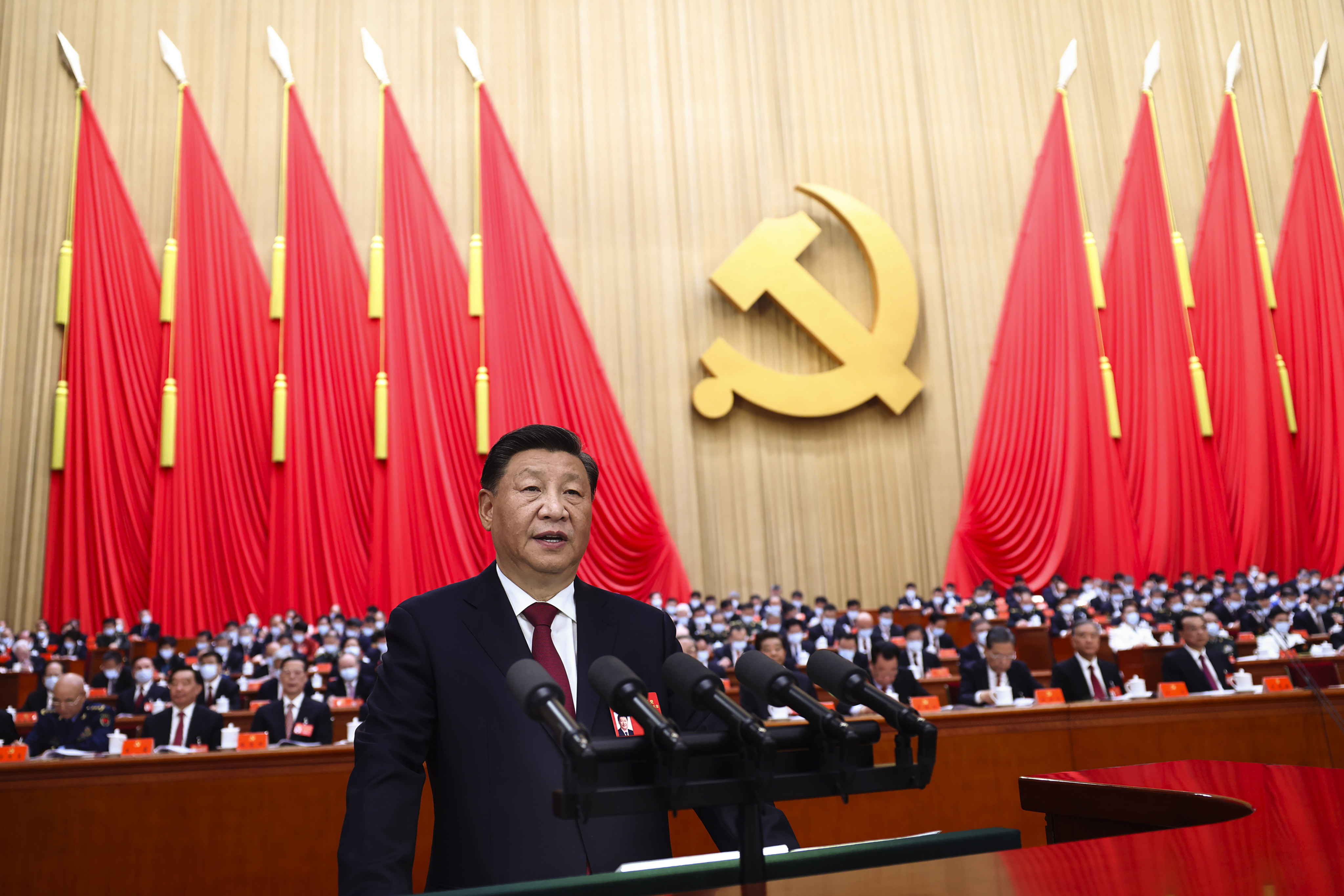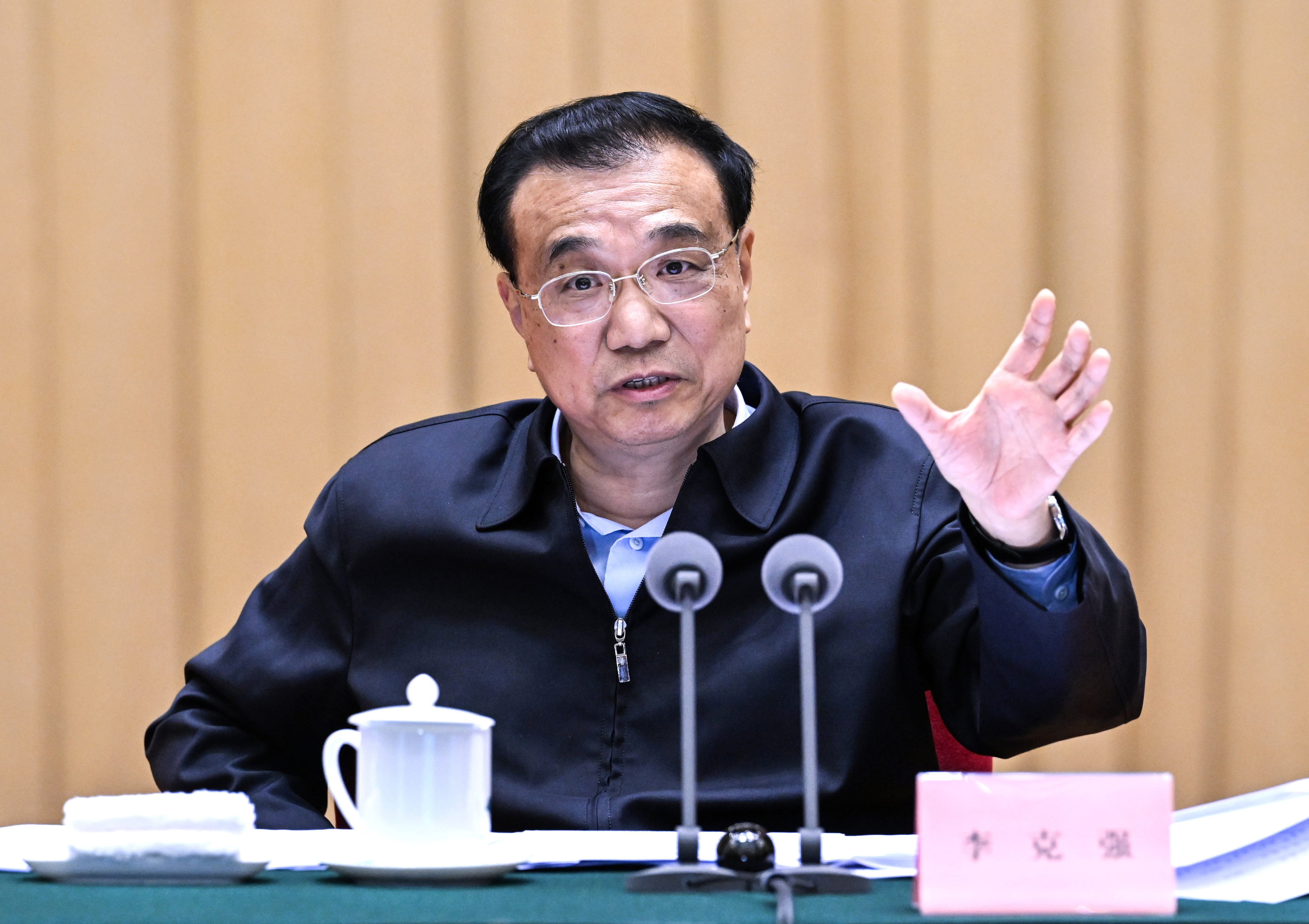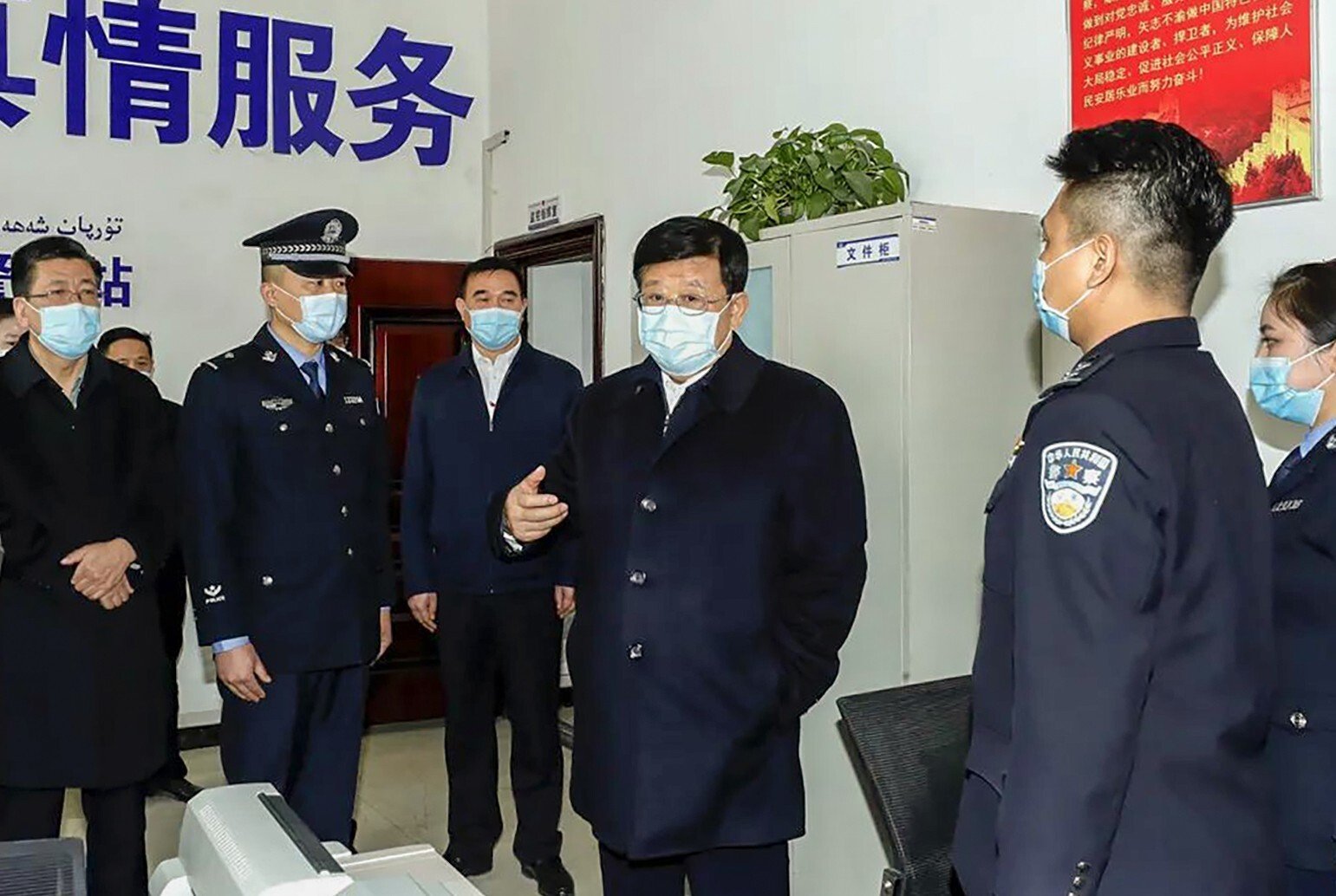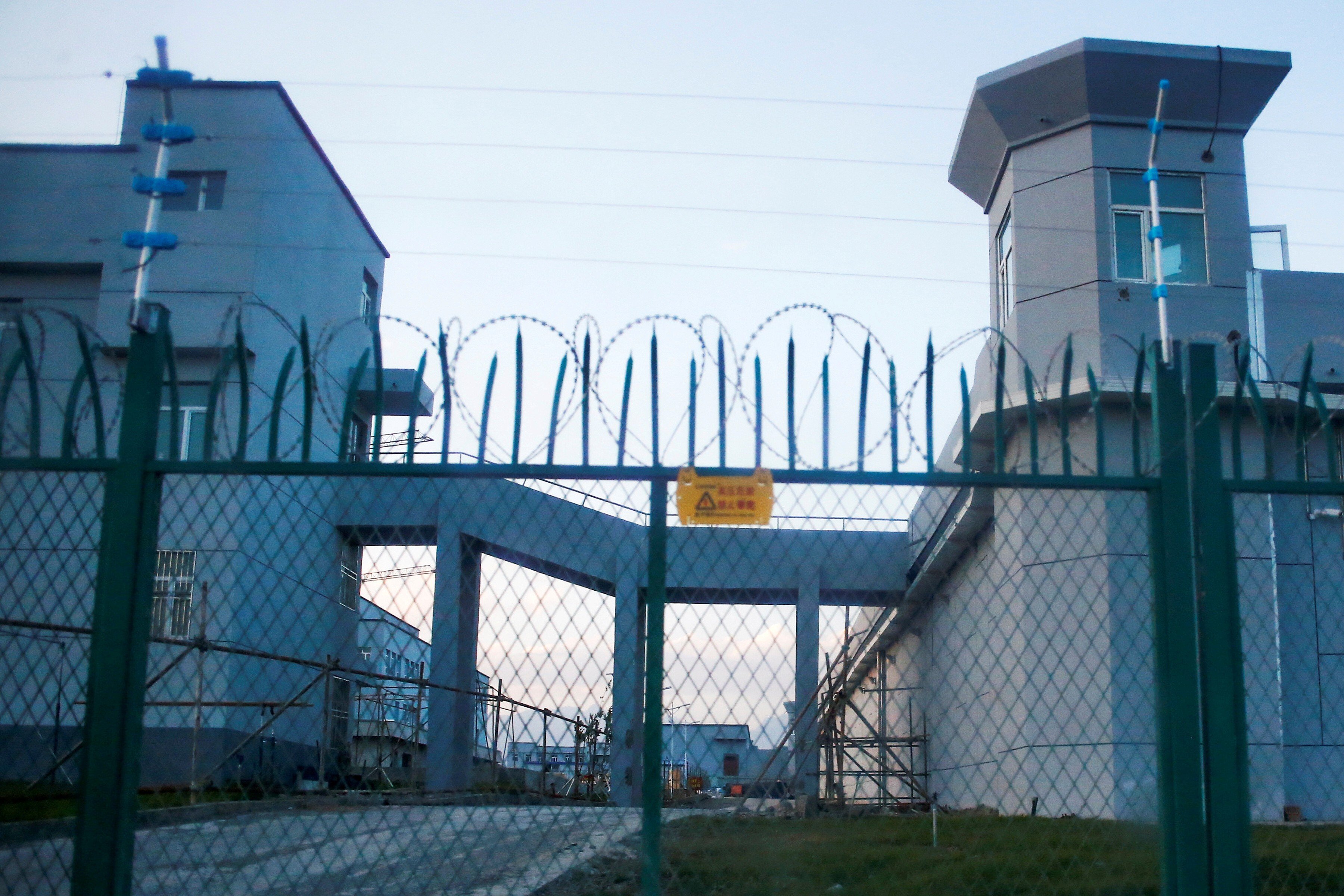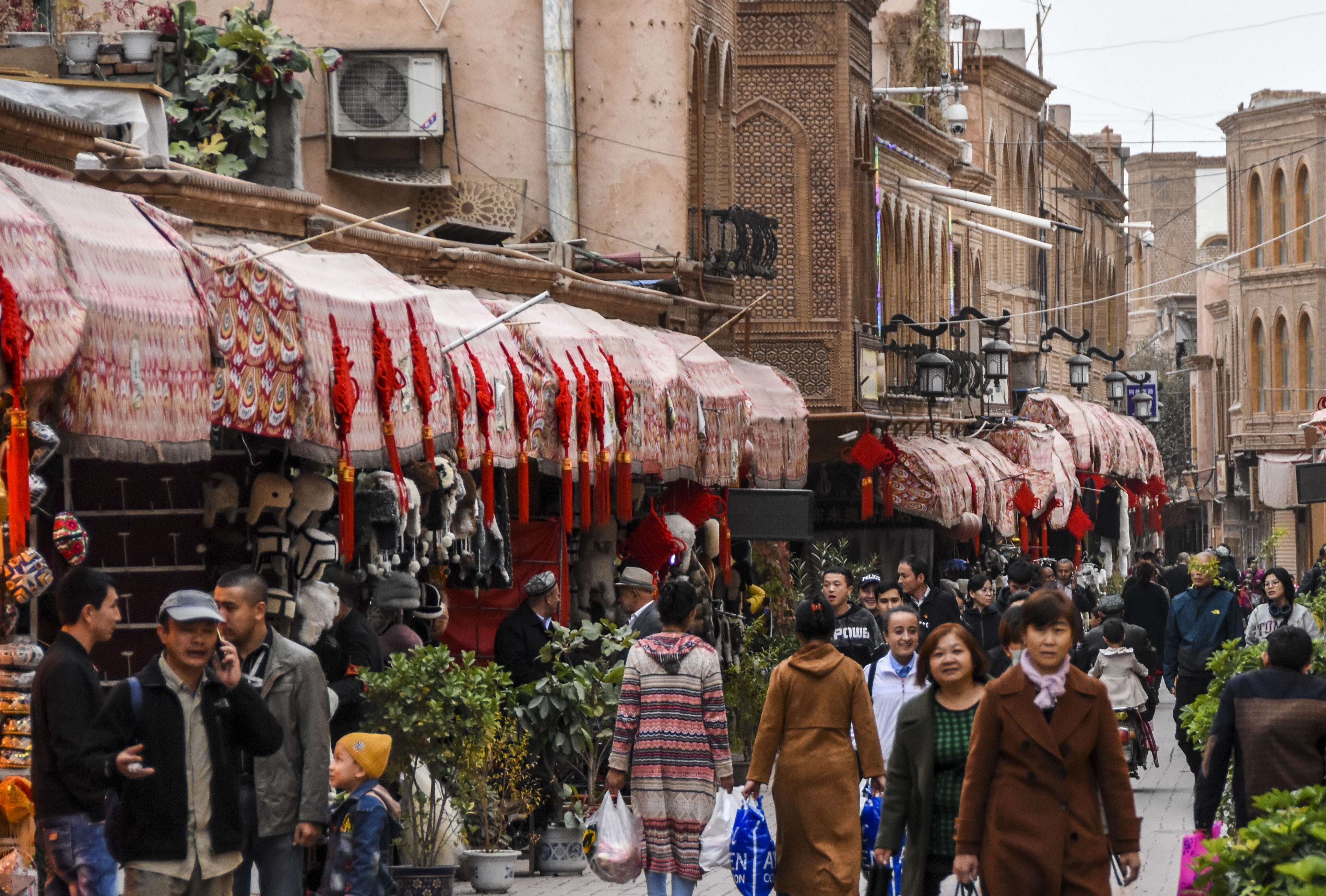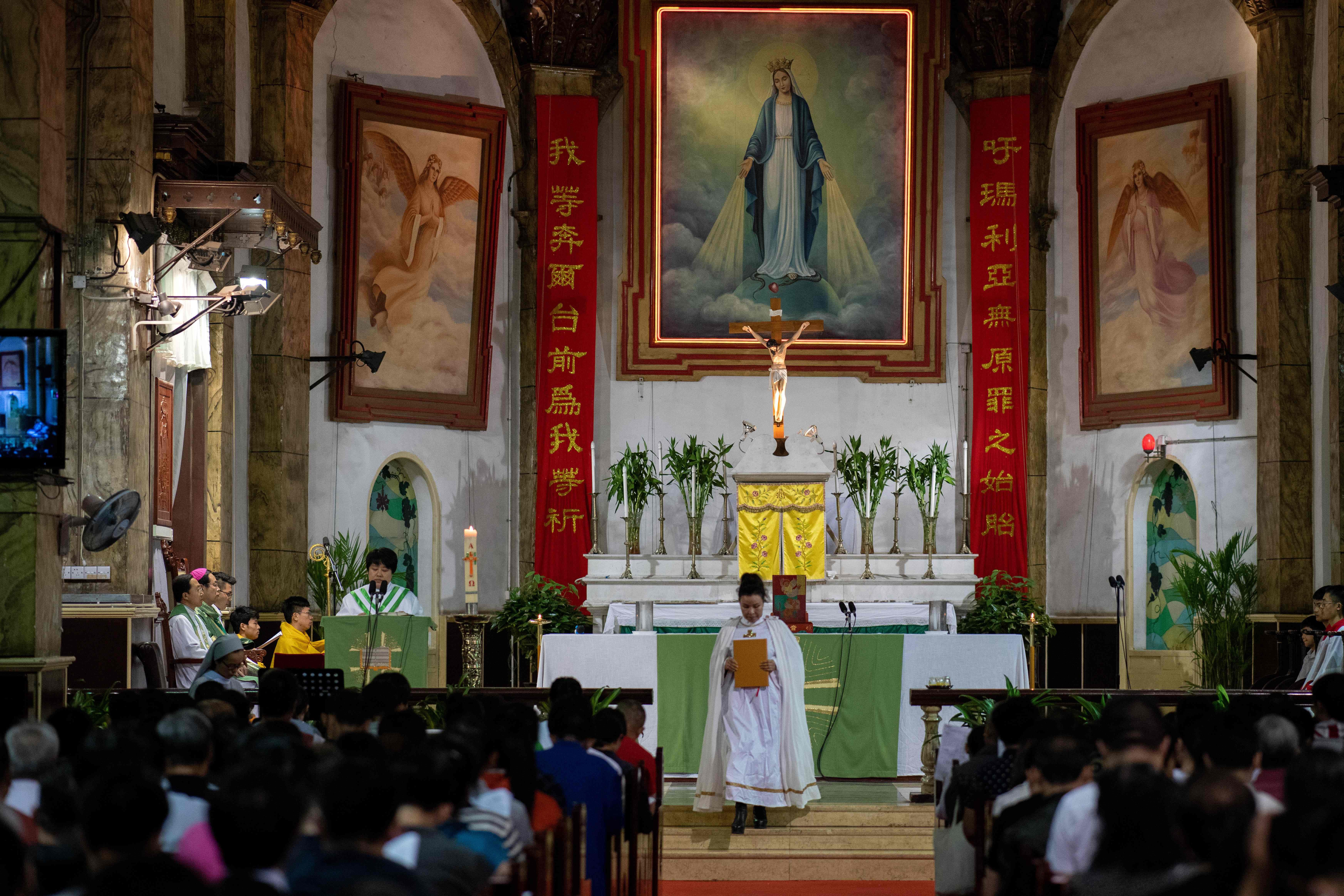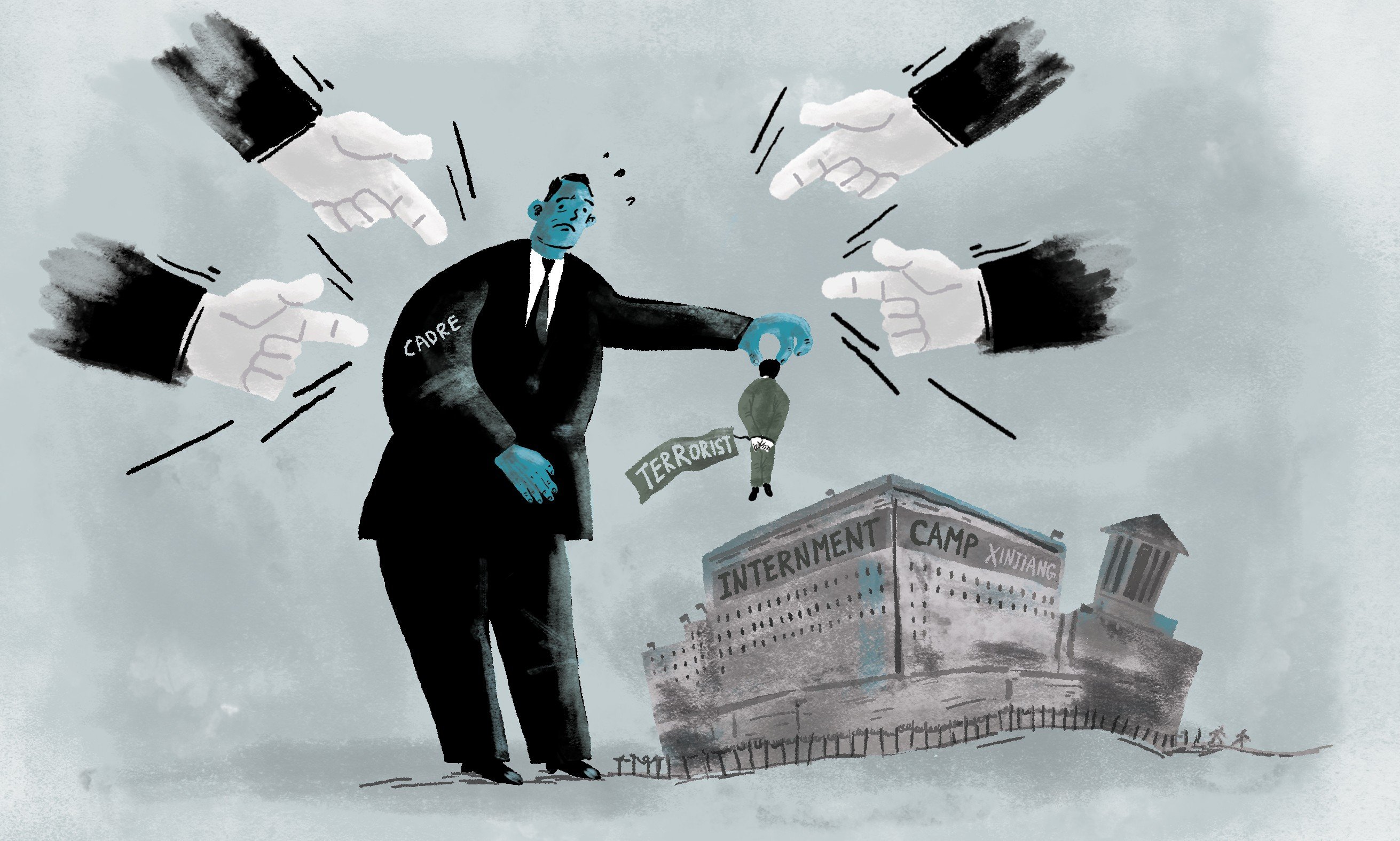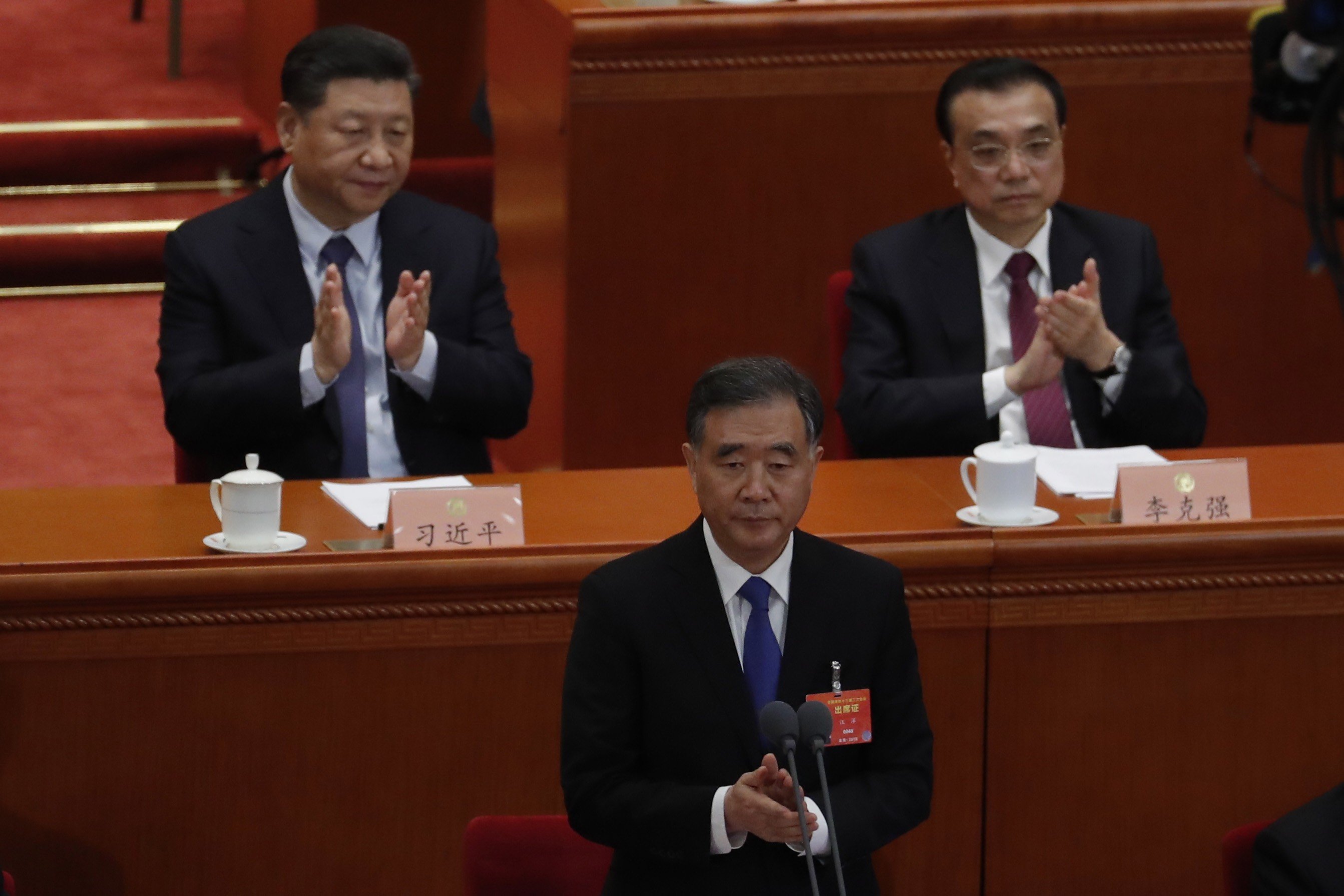Advertisement
Advertisement
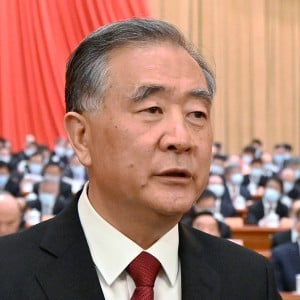
TOPIC
/ people
Wang Yang

Wang Yang
Hailing from one of the country's poorest provinces, Wang Yang lacks the revolutionary pedigree of the so-called "princeling" party leaders. Yet since taking office in 2007, Wang has led a far-reaching crackdown on corruption resulting in several high-profile convictions, including that of former Shenzhen mayor Xu Zongheng. He has also overseen a rise in government transparency, making the provincial capital of Guangzhou the mainland's first city to publish its budget.
Born
5 Mar 1955
Industry
Politics
Job Title
Former Chairman of the Chinese People's Political Consultative Conference
Advertisement
Advertisement
Advertisement
Help preserve 120 years of quality journalism.
SUPPORT NOWAdvertisement
Advertisement
Advertisement
Advertisement
Advertisement
Advertisement
Advertisement
Advertisement
Advertisement
Advertisement
Advertisement
Advertisement
